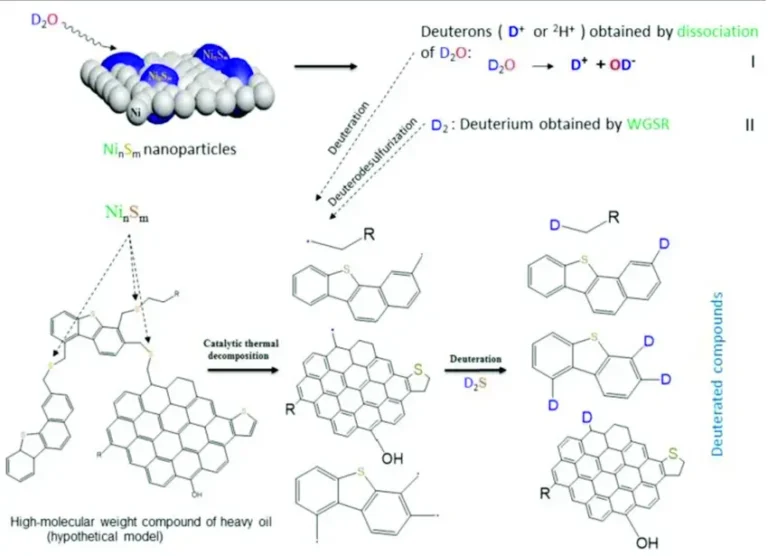How to Know if Your Girlfriend is Cheating: Signs Steps & Solutions
Suspecting that your girlfriend might be unfaithful can be an emotionally challenging experience. While it’s important not to jump to conclusions, certain signs and behaviors may indicate infidelity. This comprehensive guide will help you navigate this difficult situation, providing insights on how to know if your girlfriend is cheating, what steps to take, and how to address the issue constructively.
Understanding the Context
Before delving into the signs of cheating, it’s crucial to approach the situation with a clear mind. Suspicion alone doesn’t necessarily mean your girlfriend is being unfaithful. Relationships are complex, and many factors can contribute to changes in behavior or communication.
The Importance of Trust
Trust is the foundation of any healthy relationship. If you’re constantly wondering how to know if your girlfriend is cheating, it may indicate underlying trust issues that need to be addressed, regardless of whether infidelity is actually occurring.
Common Signs That May Indicate Cheating
While every situation is unique, there are some common red flags that might suggest your girlfriend is being unfaithful. Keep in mind that these signs alone don’t prove cheating, but they may warrant further investigation or conversation.
1. Changes in Communication Patterns
- Sudden decrease in communication
- Becoming overly protective of her phone or computer
- Frequent “work emergencies” or unexplained absences
- Inconsistent explanations for her whereabouts
2. Behavioral Changes
- Increased irritability or mood swings
- Sudden interest in her appearance or fitness
- Becoming more secretive about her daily activities
- Lack of interest in physical intimacy or significant changes in sexual behavior
3. Shifts in Routine
- Unexplained changes in work schedule
- New hobbies or interests that don’t include you
- Frequent “girls’ nights out” with little information shared
4. Emotional Distance
- Decreased emotional intimacy
- Less interest in sharing daily experiences
- Avoiding deep conversations about your relationship
5. Social Media and Technology Red Flags
- New, unexplained connections on social media
- Increased time spent on social media or messaging apps
- Reluctance to share passwords or sudden changes to privacy settings
Steps to Take When You Suspect Cheating
If you’re trying to figure out how to know if your girlfriend is cheating, consider the following steps:
1. Assess Your Feelings and Motivations
Before taking any action, reflect on why you suspect cheating. Are there concrete reasons, or is it based on insecurity or past experiences?
2. Look for Patterns
Single incidents can often be explained, but persistent patterns of suspicious behavior may be cause for concern.
3. Communicate Openly
- Express your feelings without accusation
- Use “I” statements to share your concerns
- Listen to her perspective without interrupting
4. Observe Her Reactions
Pay attention to how she responds to your concerns. Defensiveness, anger, or deflection might indicate there’s more to the story.
5. Trust Your Instincts
While it’s important not to jump to conclusions, don’t ignore your gut feelings entirely. Your intuition can often pick up on subtle cues.
The Dangers of Obsessive Behavior
When trying to determine how to know if your girlfriend is cheating, it’s crucial to avoid falling into unhealthy patterns:
- Don’t constantly check her phone or social media accounts
- Avoid following her or hiring someone to do so
- Refrain from interrogating her friends or coworkers
- Don’t let suspicion consume your daily life
These behaviors can damage your relationship and your own mental health, regardless of whether cheating is actually occurring.
Having the Difficult Conversation
If your suspicions persist, it may be time for a serious conversation. Here’s how to approach it:
- Choose the right time and place: Pick a private, neutral location where you both feel comfortable.
- Start with honesty: Express your concerns clearly and calmly.
- Be prepared for various reactions: She may be defensive, angry, or upset. Stay calm and focused on the conversation.
- Listen actively: Allow her to share her perspective without interruption.
- Be open to explanations: There may be legitimate reasons for the behaviors you’ve noticed.
- Discuss next steps: Whether it’s working on trust issues or seeking couples counseling, agree on a path forward.
When Cheating is Confirmed
If you’ve discovered definitive proof of cheating, you’ll need to make some difficult decisions:
1. Allow Yourself to Feel
It’s normal to experience a range of emotions, including anger, sadness, and betrayal. Give yourself time to process these feelings.
2. Seek Support
Confide in trusted friends or family members. Consider professional counseling to help navigate this challenging time.
3. Decide on Your Next Steps
- Determine if you want to work on rebuilding the relationship
- Consider couples therapy if both parties are willing
- If the relationship is beyond repair, plan for a respectful separation
4. Focus on Self-Care
Prioritize your physical and emotional well-being during this stressful period.
Rebuilding Trust After Infidelity
If you choose to continue the relationship after confirming cheating, rebuilding trust will be essential:
- Establish clear boundaries: Discuss what is and isn’t acceptable in your relationship moving forward.
- Practice open communication: Regular, honest conversations are crucial for healing.
- Be patient: Rebuilding trust takes time and consistent effort from both partners.
- Consider professional help: A couples therapist can provide valuable guidance and tools for moving forward.
- Address underlying issues: Work together to understand what led to the infidelity and how to prevent it in the future.
Preventing Cheating in Relationships
While there’s no guaranteed way to prevent cheating, certain practices can strengthen your relationship:
- Maintain open communication: Regularly discuss your feelings, needs, and concerns.
- Show appreciation: Acknowledge and value your partner’s positive qualities and actions.
- Keep the romance alive: Prioritize quality time together and continue to date each other.
- Address issues promptly: Don’t let small problems fester into larger ones.
- Respect boundaries: Establish and honor each other’s personal space and privacy.
The Role of Technology in Modern Relationships
In the digital age, technology plays a significant role in how to know if your girlfriend is cheating. While it can provide evidence of infidelity, it’s important to use technology ethically:
- Respect privacy: Avoid snooping through your partner’s devices without permission.
- Discuss digital boundaries: Agree on what’s acceptable regarding social media and online interactions.
- Be transparent: Share passwords if you both agree, but don’t demand access to your partner’s accounts.
When to Seek Professional Help
Sometimes, determining how to know if your girlfriend is cheating and dealing with the aftermath requires professional assistance:
- Individual counseling: Can help you process your emotions and make clear decisions.
- Couples therapy: Beneficial for addressing trust issues and improving communication.
- Support groups: Connecting with others who have experienced infidelity can provide valuable insights and coping strategies.
Moving Forward: With or Without Your Partner
Regardless of whether you choose to continue the relationship, it’s essential to focus on personal growth and healing:
If Staying Together
- Commit to open, honest communication
- Work on forgiveness, but at your own pace
- Reestablish trust through consistent actions
- Create new, positive experiences together
If Ending the Relationship
- Allow yourself time to grieve
- Learn from the experience
- Focus on personal growth and self-improvement
- When ready, approach new relationships with openness and trust
Conclusion
Detecting infidelity involves recognizing potential signs while maintaining clear communication and not jumping to conclusions based on suspicion alone. If you find evidence of cheating, take time to process your emotions and consider your options carefully. Regardless of the outcome, prioritize your well-being and focus on building relationships based on trust, respect, and open communication.







